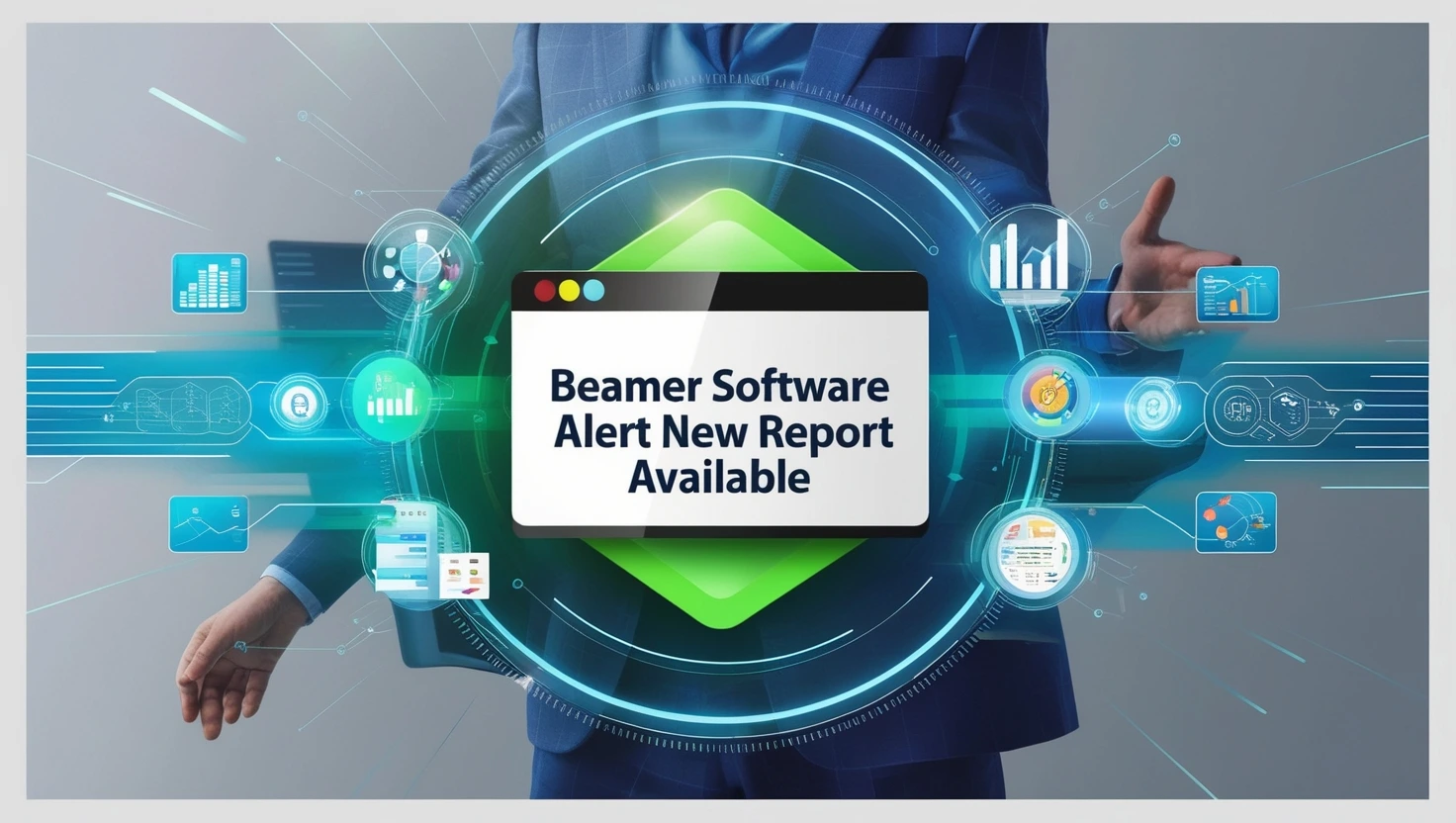Napipm 2018 Event: A Look into the Most Influential Project Management Event
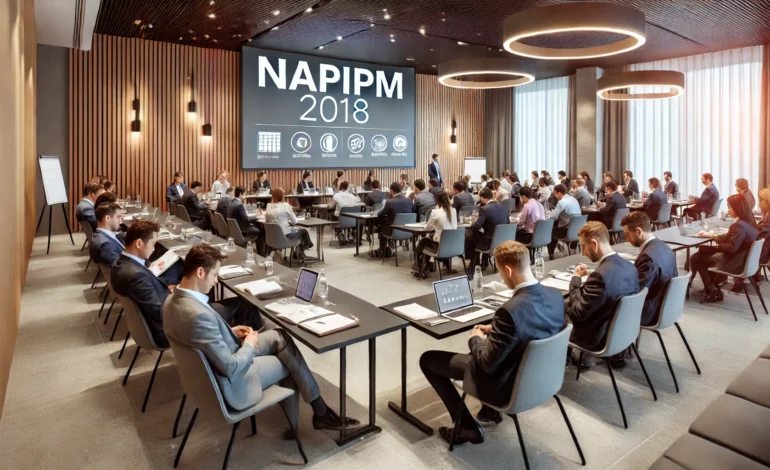
Table of Contents
What is the NAPIPM 2018 Event?
The NAPIPM 2018 Annual Education Conference was held from August 13-16, 2018, at the Westin Tampa Waterside in Tampa, Florida.The NAPIPM 2018 Event was a significant conference in the field of project and program management. It was held by the North American Project and Program Management (NAPIPM) organization. This event focused on advancing project management practices through innovative strategies, tools, and leadership development. Attendees included professionals across industries, offering them a platform for networking, skill-building, and knowledge exchange.
Key highlights
- Innovative Project Management Strategies: The conference explored emerging project management methodologies, emphasizing Agile and risk assessment techniques.
- Digital Transformation and AI: Speakers and workshops covered the impact of digital transformation and artificial intelligence on project management, showcasing new technologies and tools.
- Leadership Development and Networking: Attendees benefited from workshops and seminars that strengthened leadership skills, and they had opportunities to connect with industry peers, enhancing collaboration and career growth.
- Professional Development: The event aimed to foster professional growth through exposure to the latest trends and best practices in project management.
Why is the NAPIPM 2018 Event Significant Today?
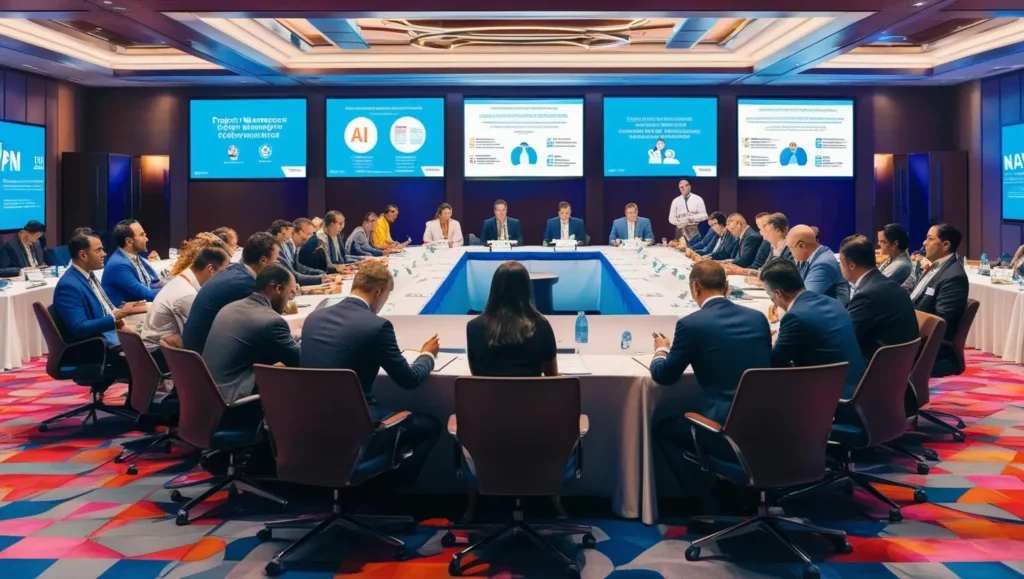
The NAPIPM 2018 Event remains highly significant as it introduced forward-thinking strategies in public infrastructure. The insights and connections gained in 2018 have led to lasting industry-wide changes, especially in sustainability, digital technology integration, and innovative funding models.
What is NAPIPM?
NAPIPM, or the National Association of Public Infrastructure Project Managers, supports project managers working in public infrastructure by offering resources, certifications, and a platform for industry collaboration.
Importance of NAPIPM in Infrastructure Management
NAPIPM plays a critical role by setting standards for effective project management, addressing both traditional and innovative practices, and providing opportunities for professional development through events like the NAPIPM 2018 Event.
Event Goals and Objectives
Main Goals of the NAPIPM 2018 Event
The primary goals were to:
- Promote sustainable infrastructure practices.
- Showcase technological innovations in infrastructure management.
- Foster public-private partnerships as a funding solution.
- Strengthen industry collaboration.
Key Objectives
Objectives included providing hands-on learning through workshops, encouraging networking among professionals, and exploring emerging technologies like IoT and BIM to improve project efficiency and management.
Keynote Speakers and Industry Experts in the Event
At the NAPIPM 2018 event, several keynote speakers and industry experts contributed to the discussions and sessions. Notable speakers included:
- Jessica Shahin from the U.S. Department of Agriculture/Food and Nutrition Service, who shared insights into food assistance programs.
- Kay Brown, representing the U.S. Government Accountability Office, who provided a governmental perspective on program performance and accountability.
- Andrew Feldman from the Office of Management and Budget, who discussed public budgeting and its relation to program performance.
- Michelle Dilks from the Administration for Children and Families, contributing her expertise on family services and performance management
Event Workshops
Workshops Offered
The workshops at the NAPIPM 2018 Event were tailored to provide hands-on experiences with critical infrastructure tools such as Building Information Modeling (BIM), Geographic Information Systems (GIS), and sustainability practices. These workshops aimed to equip participants with practical skills in leveraging these technologies for more efficient project management and planning.
Details about Specific Workshops: BIM, GIS, Sustainability
The BIM workshop focused on the integration of 3D modeling to enhance the planning and construction process. It highlighted how BIM can streamline project management by providing accurate visualizations and improving collaboration among teams.
The GIS workshop, on the other hand, emphasized the importance of spatial data for urban planning. It provided tools for accurately assessing the geographical aspects of a project, helping planners make better decisions about location and resource management. Lastly, the sustainability workshop introduced eco-friendly construction practices, focusing on reducing environmental impact through smarter planning and resource management.
Hands-On Learning
Attendees benefited from practical learning opportunities, participating in interactive sessions that demonstrated how to apply these tools to real-world infrastructure projects.
Historical Background of NAPIPM
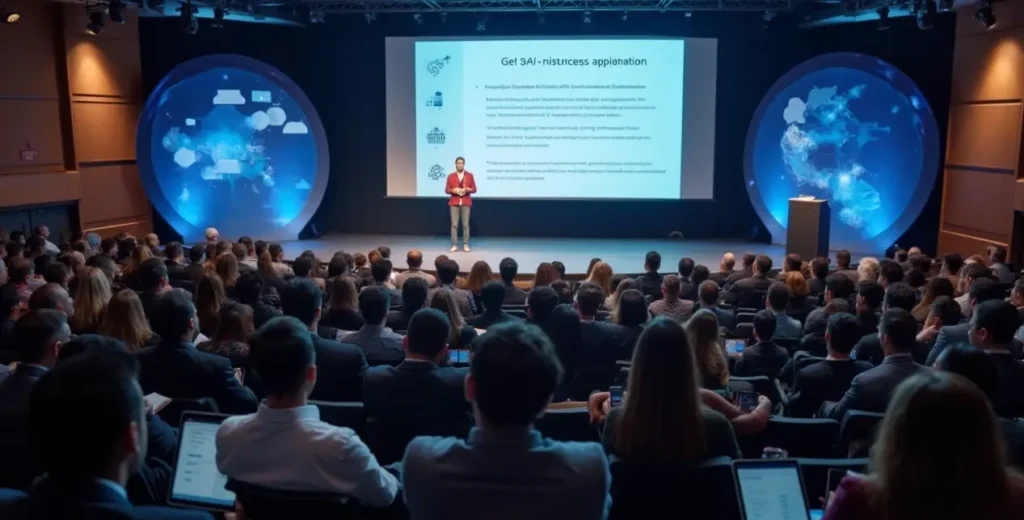
Origins of NAPIPM
The National Association for Program Information and Performance Measurement (NAPIPM) was founded in 1979.
Early Goals of the Association
NAPIPM began with the aim to provide comprehensive learning experiences, featuring real-world innovations, program updates, and integrity strategies. Over the years, it has continued to evolve to address pressing issues like reducing improper payments, managing waste and fraud, and utilizing data to improve outcomes across a variety of public programs.
Evolution of the NAPIPM Event
Since its inception, the NAPIPM event has grown annually, expanding to include a diverse array of topics and attendees, reflecting the dynamic challenges in infrastructure management.
| Year | Milestone | Description |
| Early Years | Founding of NAPIPM | NAPIPM was established with the primary focus on improving program integrity and accountability in public service programs through better data analysis and performance measurement. |
| 2000s | Growth in Membership and Reach | The association expanded its scope, building a broader network of professionals dedicated to performance measurement across various human service sectors. |
| 2010 | Strengthening Data Analytics in Human Services | NAPIPM focused on the integration of data analytics and measurement tools to assess program impacts more effectively and inform policy development. |
| 2015 | Collaboration with Other Human Services Organizations | NAPIPM partnered with other human services groups to leverage resources and enhance the collective impact of public welfare programs. |
| 2018 | Focus on Community Outcomes and Data-Driven Solutions | The organization placed emphasis on achieving better outcomes for communities by using evidence-based data strategies to measure program success. |
| 2020 | Leadership in Social Welfare Program Integrity | NAPIPM took a leading role in promoting best practices for measuring performance and ensuring programs met their objectives in enhancing child and family welfare. |
| 2024 | Continued Impact and Policy Influence | The association remains a key player in influencing national policy, advocating for stronger program accountability and more effective use of performance data. |
NAPIPM 2018 Event Panel Discussions
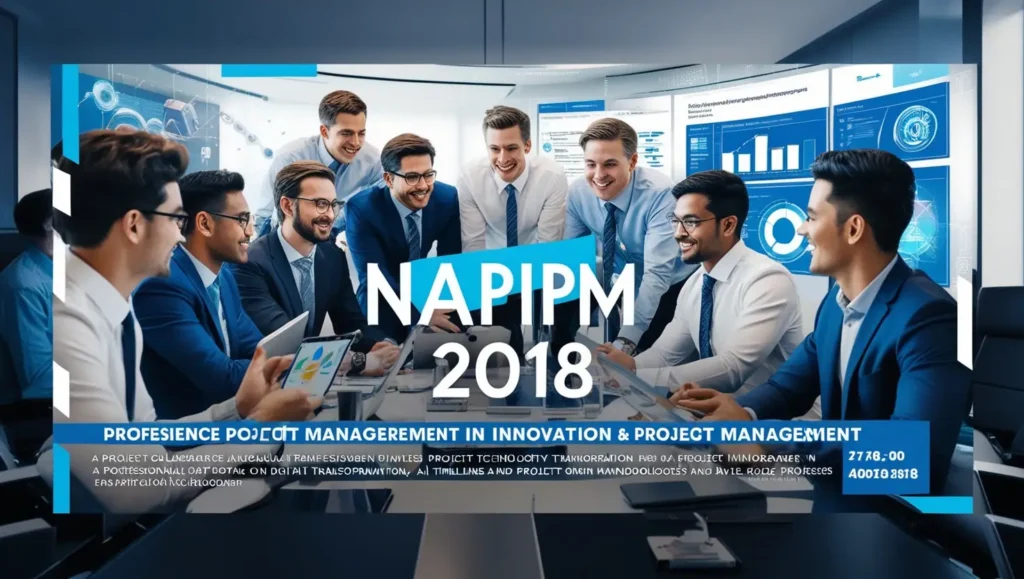
Emerging Trends in Infrastructure
Panel discussions covered major trends such as smart city technology, green infrastructure, and the role of data in infrastructure management, helping attendees understand the future trajectory of the industry.
Public-Private Partnerships and Their Role
Panels emphasized how public-private partnerships can fund and sustain infrastructure projects, offering case studies that highlighted their effectiveness.
Technological Innovations Showcased at NAPIPM 2018
Building Information Modeling (BIM)
BIM was highlighted as a transformative tool in project planning and execution, enabling better collaboration and visualization for project stakeholders.
Geographic Information Systems (GIS)
GIS technology was showcased for its potential in infrastructure planning, enabling project managers to analyze geographic data for improved decision-making.
IoT and Smart Technologies
The Internet of Things (IoT) was demonstrated as a tool for real-time monitoring and management, allowing projects to adapt to conditions instantly.
Sustainability at NAPIPM 2018
Sustainable Infrastructure Practices Discussed
Topics included eco-friendly materials, energy-efficient designs, and green infrastructure approaches that minimize environmental impact.
Green Infrastructure Projects and Case Studies
Real-world examples showcased the successful implementation of green projects, highlighting the tangible benefits of sustainability in public infrastructure.
Risk Management at The Event
Risk Management Strategies
Experts discussed practical strategies to assess and manage risks, covering both operational and financial risks in large-scale infrastructure projects.
Navigating Funding and Project Financing Challenges
Discussions explored financial strategies and solutions to overcome funding barriers, emphasizing innovative approaches to project financing.
Networking Opportunities at NAPIPM 2018 Event
Networking Sessions and Collaboration Opportunities
The event provided structured networking sessions where attendees could exchange ideas, foster partnerships, and explore collaboration opportunities.
Roundtable Discussions
These discussions encouraged professionals to share insights and challenges, creating a collaborative environment that strengthened industry relationships.
Public-Private Partnerships
Role of Public-Private Partnerships in Infrastructure Projects
The event emphasized the role of partnerships in delivering complex infrastructure projects, showcasing successful examples of public and private sector collaboration.
Success Stories and Case Studies
Case studies demonstrated how partnerships could bring innovation, shared funding, and expertise to large infrastructure projects.
The Future of Infrastructure: Insights from NAPIPM 2018
Emerging Trends in Public Infrastructure
Emerging trends like the digital transformation of infrastructure and eco-friendly project design were highlighted as key directions for the industry.
The Role of Digital Transformation
Digital tools such as BIM, GIS, and IoT were showcased as essential for efficient project management, providing better data insights and improving decision-making.
Event Impact and Long-Term Changes in Project Management
Shaping the Future of Infrastructure Projects
The event helped shape a new generation of infrastructure projects, emphasizing sustainable, tech-enabled, and collaborative approaches to project management.
Adoption of New Technologies and Practices
Attendees took home strategies and tools that have since been widely adopted, including sustainable practices and digital technologies that were spotlighted at NAPIPM 2018.
How to Participate in Future NAPIPM Events
For those interested in attending future NAPIPM events, registration and membership information is available on NAPIPM’s official website. Membership provides access to resources, professional development, and networking opportunities within the infrastructure industry.
Conclusion
The NAPIPM 2018 Event was a pivotal moment in infrastructure management, setting a new standard for project management practices through innovative technology, sustainable approaches, and collaborative partnerships. Future NAPIPM events are likely to expand on the 2018 themes, continuing to foster industry innovation and adaptability, equipping professionals to meet modern challenges in public infrastructure management.
What Was the Main Focus of the NAPIPM 2018 Event?
The event focused on sustainable practices, digital transformation, and the role of public-private partnerships.
How Did the NAPIPM 2018 Event Impact the Infrastructure Industry?
It inspired industry-wide adoption of technologies like BIM and GIS and promoted eco-friendly infrastructure design.
Who Were the Key Speakers at NAPIPM 2018?
Key speakers included Jessica Shahin, Kay Brown, Andrew Feldman and Michelle Dilks who were industry leaders and experts in sustainable and digital infrastructure.
What Are the Key Takeaways from NAPIPM 2018?
Attendees gained valuable insights into sustainability, risk management, digital transformation, and collaborative project funding.








